This #AdaLovelaceDay  https://abs.twimg.com/hashflags... draggable="false" alt="">, read about the 10 most influential women in British science history, as chosen by leading female scientists: https://royalsociety.org/topics-policy/diversity-in-science/influential-british-women-science/">https://royalsociety.org/topics-po...
https://abs.twimg.com/hashflags... draggable="false" alt="">, read about the 10 most influential women in British science history, as chosen by leading female scientists: https://royalsociety.org/topics-policy/diversity-in-science/influential-british-women-science/">https://royalsociety.org/topics-po...
Ada Lovelace herself was an English mathematician, regarded as the world& #39;s first computer programmer. #AdaLovelaceDay  https://abs.twimg.com/hashflags... draggable="false" alt=""> celebrates the achievements of women in science, technology, engineering and maths. https://findingada.com/about/who-was-ada/">https://findingada.com/about/who...
https://abs.twimg.com/hashflags... draggable="false" alt=""> celebrates the achievements of women in science, technology, engineering and maths. https://findingada.com/about/who-was-ada/">https://findingada.com/about/who...
Caroline Herschel discovered several comets, was the first woman to receive a salary as a scientist and the first woman in England to hold a government position. Find out more in our @googlearts exhibit on the Herschel family. #AdaLovelaceDay  https://abs.twimg.com/hashflags... draggable="false" alt=""> https://artsandculture.google.com/exhibit/astronomical-discoveries-of-the-herschel-family/GwKSW5pqakeYJQ">https://artsandculture.google.com/exhibit/a...
https://abs.twimg.com/hashflags... draggable="false" alt=""> https://artsandculture.google.com/exhibit/astronomical-discoveries-of-the-herschel-family/GwKSW5pqakeYJQ">https://artsandculture.google.com/exhibit/a...
Kathleen Lonsdale (1903-1971) was an early pioneer of X-ray crystallography, a field primarily concerned with studying the shapes of organic and inorganic molecules. She was the first woman, alongside Marjory Stephenson, admitted as a fellow to the Royal Society. #AdaLovelaceDay  https://abs.twimg.com/hashflags... draggable="false" alt="">
https://abs.twimg.com/hashflags... draggable="false" alt="">
Nominated more than once for the Nobel Prize, Dorothy Hodgkin (1910-1994) won in 1964 for her work on penicillin and vitamin B12. The English chemist and Nobel laureate also deciphered the structure of insulin in 1969 after 35 years of research. #AdaLovelaceDay  https://abs.twimg.com/hashflags... draggable="false" alt="">
https://abs.twimg.com/hashflags... draggable="false" alt="">
Rosalind Franklin was a chemist & X-ray crystallographer whose work on X-ray diffraction images of DNA helped lead to the discovery of its structure, but her efforts were only recognised posthumously. #AdaLovelaceDay  https://abs.twimg.com/hashflags... draggable="false" alt="">
https://abs.twimg.com/hashflags... draggable="false" alt="">

 Read on Twitter
Read on Twitter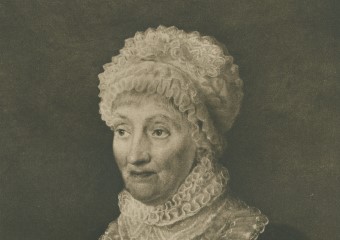 , read about the 10 most influential women in British science history, as chosen by leading female scientists: https://royalsociety.org/topics-po..." title="This #AdaLovelaceDay https://abs.twimg.com/hashflags... draggable="false" alt="">, read about the 10 most influential women in British science history, as chosen by leading female scientists: https://royalsociety.org/topics-po...">
, read about the 10 most influential women in British science history, as chosen by leading female scientists: https://royalsociety.org/topics-po..." title="This #AdaLovelaceDay https://abs.twimg.com/hashflags... draggable="false" alt="">, read about the 10 most influential women in British science history, as chosen by leading female scientists: https://royalsociety.org/topics-po...">
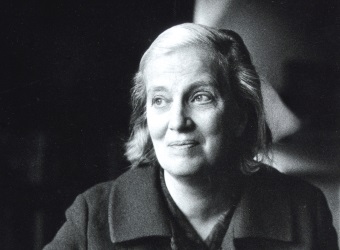 , read about the 10 most influential women in British science history, as chosen by leading female scientists: https://royalsociety.org/topics-po..." title="This #AdaLovelaceDay https://abs.twimg.com/hashflags... draggable="false" alt="">, read about the 10 most influential women in British science history, as chosen by leading female scientists: https://royalsociety.org/topics-po...">
, read about the 10 most influential women in British science history, as chosen by leading female scientists: https://royalsociety.org/topics-po..." title="This #AdaLovelaceDay https://abs.twimg.com/hashflags... draggable="false" alt="">, read about the 10 most influential women in British science history, as chosen by leading female scientists: https://royalsociety.org/topics-po...">
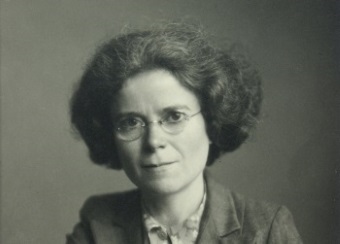 , read about the 10 most influential women in British science history, as chosen by leading female scientists: https://royalsociety.org/topics-po..." title="This #AdaLovelaceDay https://abs.twimg.com/hashflags... draggable="false" alt="">, read about the 10 most influential women in British science history, as chosen by leading female scientists: https://royalsociety.org/topics-po...">
, read about the 10 most influential women in British science history, as chosen by leading female scientists: https://royalsociety.org/topics-po..." title="This #AdaLovelaceDay https://abs.twimg.com/hashflags... draggable="false" alt="">, read about the 10 most influential women in British science history, as chosen by leading female scientists: https://royalsociety.org/topics-po...">
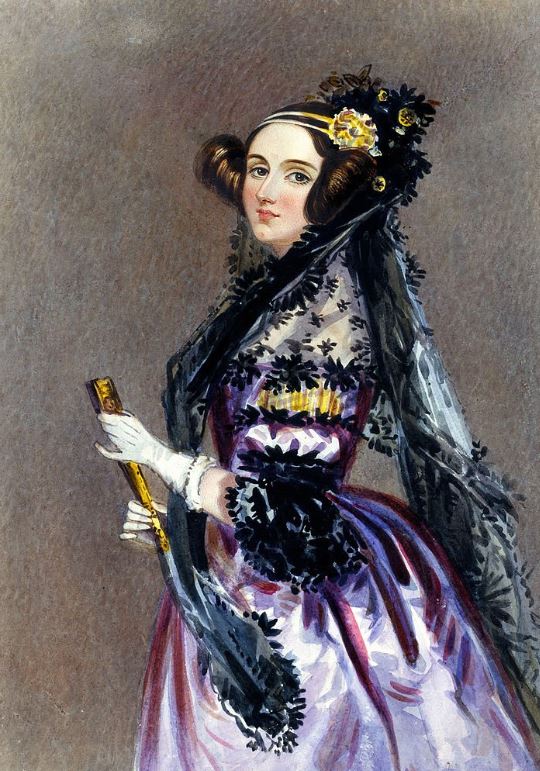 celebrates the achievements of women in science, technology, engineering and maths. https://findingada.com/about/who..." title="Ada Lovelace herself was an English mathematician, regarded as the world& #39;s first computer programmer. #AdaLovelaceDay https://abs.twimg.com/hashflags... draggable="false" alt=""> celebrates the achievements of women in science, technology, engineering and maths. https://findingada.com/about/who..." class="img-responsive" style="max-width:100%;"/>
celebrates the achievements of women in science, technology, engineering and maths. https://findingada.com/about/who..." title="Ada Lovelace herself was an English mathematician, regarded as the world& #39;s first computer programmer. #AdaLovelaceDay https://abs.twimg.com/hashflags... draggable="false" alt=""> celebrates the achievements of women in science, technology, engineering and maths. https://findingada.com/about/who..." class="img-responsive" style="max-width:100%;"/>
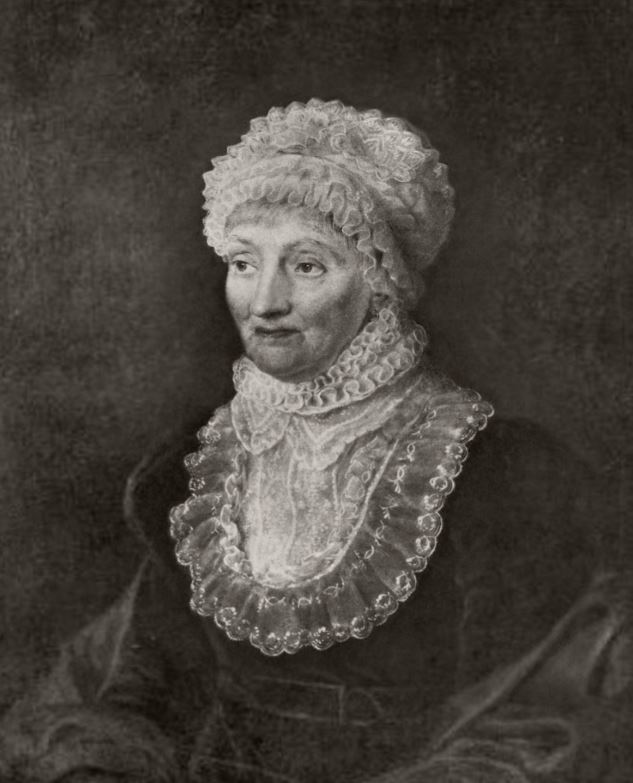 https://artsandculture.google.com/exhibit/a..." title="Caroline Herschel discovered several comets, was the first woman to receive a salary as a scientist and the first woman in England to hold a government position. Find out more in our @googlearts exhibit on the Herschel family. #AdaLovelaceDay https://abs.twimg.com/hashflags... draggable="false" alt=""> https://artsandculture.google.com/exhibit/a..." class="img-responsive" style="max-width:100%;"/>
https://artsandculture.google.com/exhibit/a..." title="Caroline Herschel discovered several comets, was the first woman to receive a salary as a scientist and the first woman in England to hold a government position. Find out more in our @googlearts exhibit on the Herschel family. #AdaLovelaceDay https://abs.twimg.com/hashflags... draggable="false" alt=""> https://artsandculture.google.com/exhibit/a..." class="img-responsive" style="max-width:100%;"/>
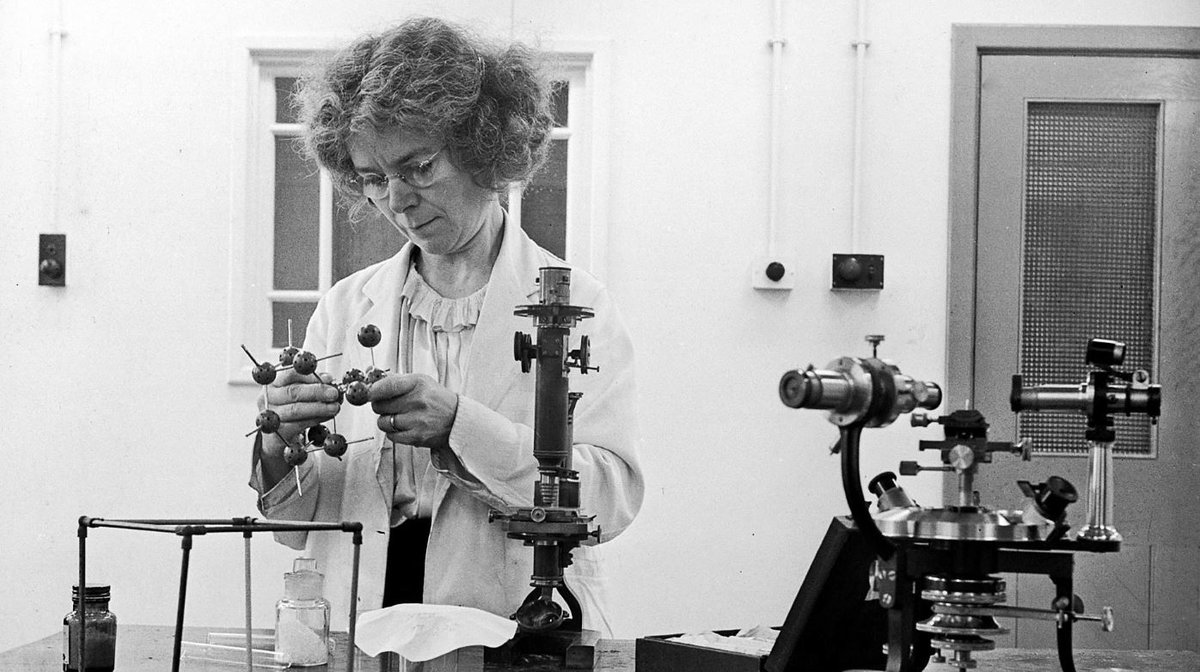 " title="Kathleen Lonsdale (1903-1971) was an early pioneer of X-ray crystallography, a field primarily concerned with studying the shapes of organic and inorganic molecules. She was the first woman, alongside Marjory Stephenson, admitted as a fellow to the Royal Society. #AdaLovelaceDay https://abs.twimg.com/hashflags... draggable="false" alt="">" class="img-responsive" style="max-width:100%;"/>
" title="Kathleen Lonsdale (1903-1971) was an early pioneer of X-ray crystallography, a field primarily concerned with studying the shapes of organic and inorganic molecules. She was the first woman, alongside Marjory Stephenson, admitted as a fellow to the Royal Society. #AdaLovelaceDay https://abs.twimg.com/hashflags... draggable="false" alt="">" class="img-responsive" style="max-width:100%;"/>
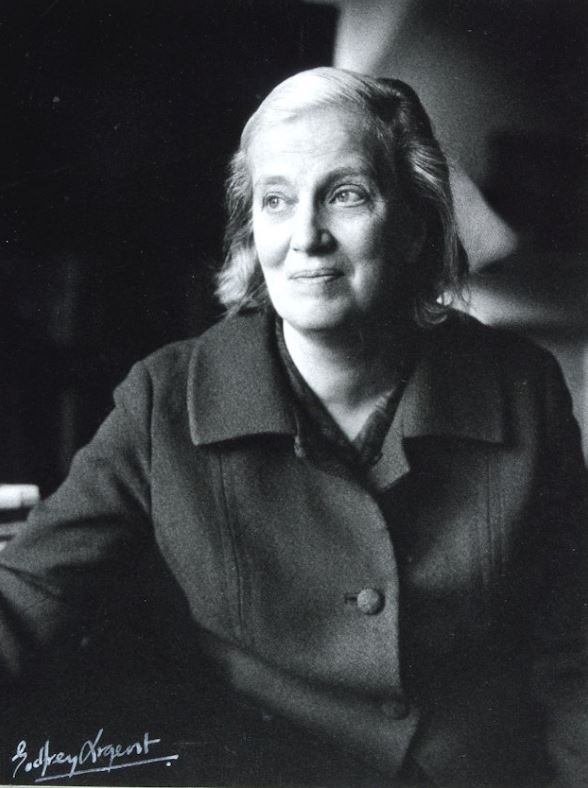 " title="Nominated more than once for the Nobel Prize, Dorothy Hodgkin (1910-1994) won in 1964 for her work on penicillin and vitamin B12. The English chemist and Nobel laureate also deciphered the structure of insulin in 1969 after 35 years of research. #AdaLovelaceDay https://abs.twimg.com/hashflags... draggable="false" alt="">" class="img-responsive" style="max-width:100%;"/>
" title="Nominated more than once for the Nobel Prize, Dorothy Hodgkin (1910-1994) won in 1964 for her work on penicillin and vitamin B12. The English chemist and Nobel laureate also deciphered the structure of insulin in 1969 after 35 years of research. #AdaLovelaceDay https://abs.twimg.com/hashflags... draggable="false" alt="">" class="img-responsive" style="max-width:100%;"/>
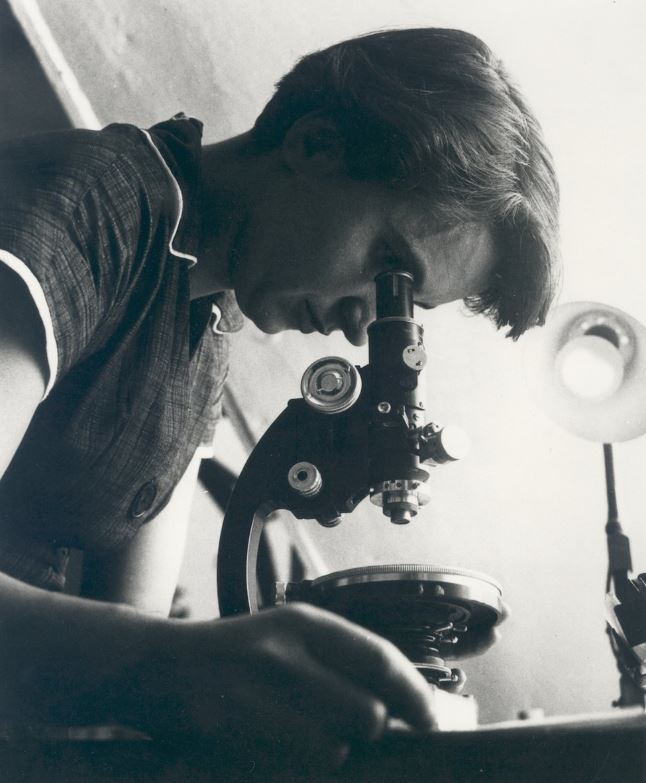 " title="Rosalind Franklin was a chemist & X-ray crystallographer whose work on X-ray diffraction images of DNA helped lead to the discovery of its structure, but her efforts were only recognised posthumously. #AdaLovelaceDay https://abs.twimg.com/hashflags... draggable="false" alt="">" class="img-responsive" style="max-width:100%;"/>
" title="Rosalind Franklin was a chemist & X-ray crystallographer whose work on X-ray diffraction images of DNA helped lead to the discovery of its structure, but her efforts were only recognised posthumously. #AdaLovelaceDay https://abs.twimg.com/hashflags... draggable="false" alt="">" class="img-responsive" style="max-width:100%;"/>


